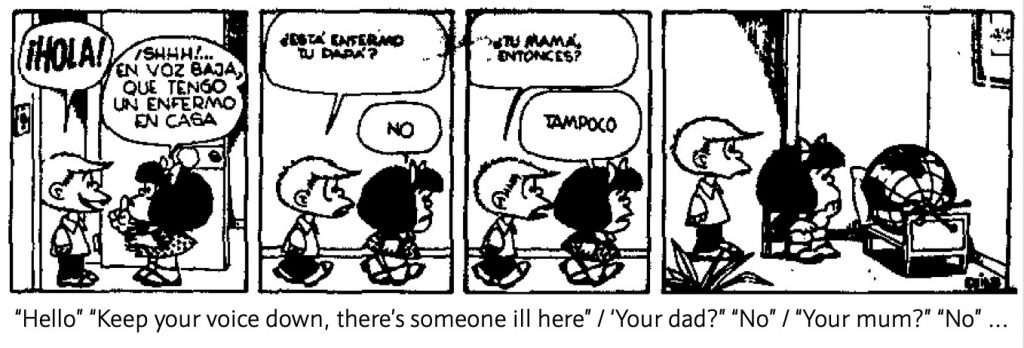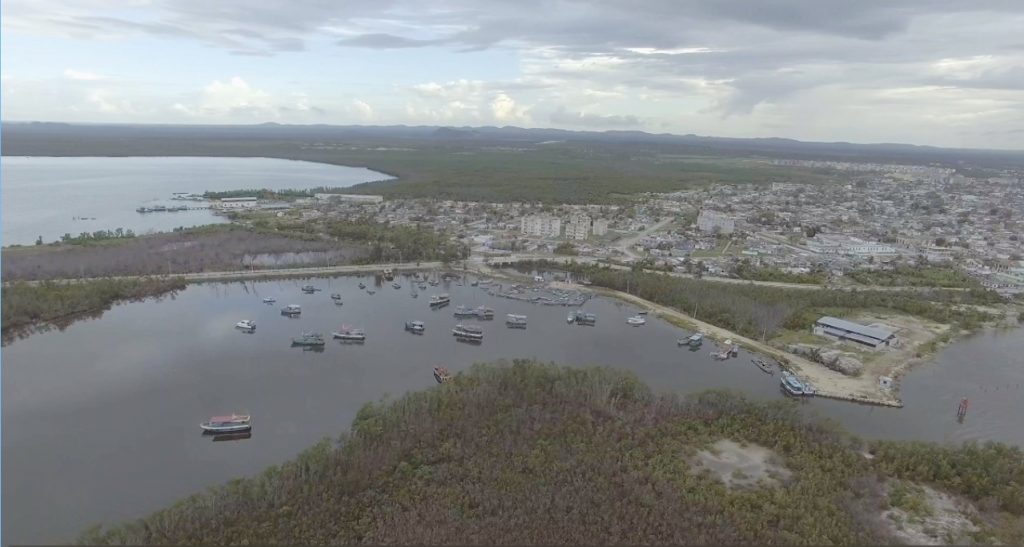Remember six degrees of separation – the theory that everyone in the world is connected to everyone else by a maximum of six steps? Also known as the six handshakes rule. Welcome to the world of coronavirus. This morning a healthy young friend who was due to come round this week emailed to say he won’t. He is self-quarantining because a friend of his who stayed overnight had begun to show symptoms.
On Friday I attended a workshop at the University of Leicester, where numbers were slightly depleted by two or three non-arrivals due to understandable reluctance to travel from abroad; two of them gave their contributions via internet – is this how things will now shape up?
We are living in an accelerated world of multiple forms of connectedness, which feed off each other and borrow each other’s imaginaries. Computers become infected with viruses too.
Phone conversations with fellow members of the elderly-at-risk category. We agree that travel on the tube is to be avoided.
The media are busy generating a whole series of imaginary scenarios, stretching from the scientific to the fictitious. There are plenty of models to draw from. It seems that in France, sales of Camus’ The Plague have risen sharply. Perhaps we should all be reading Defoe’s A Journal of the Plague Year. But as Covid-19 gets closer, the feeling I have is of an impending disaster movie which is still in script stage, and with various options under consideration. Meanwhile the globalised world economy is already in serious trouble, and our idiot politicians don’t know which way to turn.


